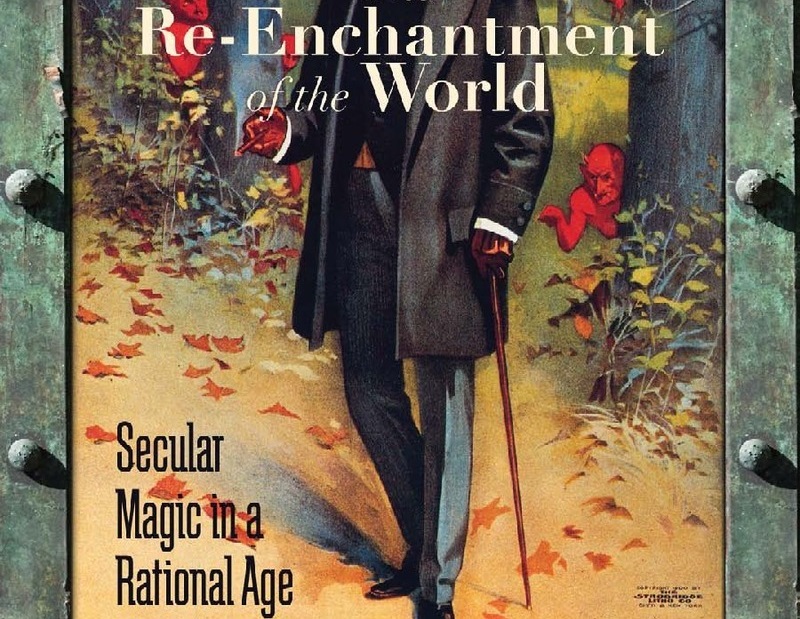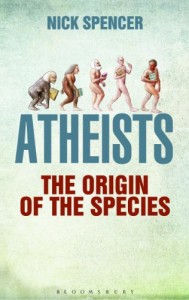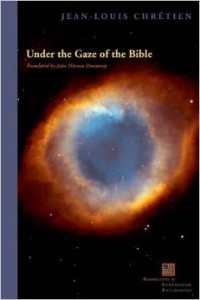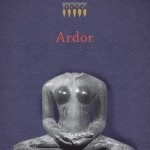
If you didn’t notice Saturday evening I ran a confirmation bias experiment on my coreligionists (many, if not most, did not notice). The experiment consisted of running a variation upon my favorite pastime of quoting Rerum Novarum passages and attributing them to Marx on social media. The results were almost as amusing as seeing the distinguished professor Robert P. George (“Four Things to Remember About the Pope’s Environment Letter“) dogmatically urging skepticism about the ideologically divisive contents of a yet, as far as I know, unwritten encyclical. It is true he urges moderation at first, but that only masks what follows. What follows these urgings has more shibboleths than I can enunciate.
One would hope there might be more honesty in other climes. Take for example the following aching confession (“The Atheist Disillusionment“) from professional atheist propagandist PZ Myers:
The name of atheism has been burdened with unfair and inaccurate stigma for a great many years, and we’re now drifting into an era in which atheism will be burdened with a totally fair and accurate stigma.
Unless we change.
I don’t know that we can.

Don’t these sentiments make you think of the brutal honesty of Augustine’s wet dream prayer? “Oh, Lord make me chaste, but not yet.” Myers knows these errors will be difficult to rectify. In my post yesterday Robert Calasso suggests just how difficult this might be.
But the semblance of brutal honesty is undercut even in that statement by the tall tale of an atheist Golden Age. Between the lines you read that all atheists were decent human beings until the fall somewhere in the late 90’s or oughts. Secular myths of the fall are not without consequences. They require a scapegoat. One is usually supplied by religion painted with the wide brush of the myth of religious violence and intolerance. If that fails, then atheism needs another generic foil, something vague like “culture,” to talk about the real potential of atheism:
I’ve been writing about atheism for about 10 years now. What has driven me is a combination of awe at the amazing insights produced by science, so much deeper and more substantial than any collection of myths, and a furious rage at the lies and injustice and corruption of humanity by religion. For a while there, in the middle, there was also an ebullience at the growing success of atheism, and hope that someday we would be able to cast aside the follies of faith. The awe is still here, the rage is still burning, but the optimism is fading and is being consumed by a new anger at the incompetence and betrayal of the self-appointed atheist leadership.
Too many atheists turn out to be just as shallow as the fervent faithful I rail against. Too many see atheism as another useless difference they can use to excuse discrimination against others they are already prejudiced against. I used to have this illusion that an atheist society would be more tolerant, that under it government and education would be secular, but the churches would still exist, if people wanted to attend them — a sort of Scandinavian ideal. But no, what I’m fast learning is that tolerance isn’t automatically a property of abandoning the false tribe of religion, but is more a reflection of the greater culture it is embedded in. Atheists can still hold a “kill the wogs” mentality while babbling about the wonders of science; people who regard women as servile appliances for their gratification don’t seem to become suddenly enlightened once the scales of faith fall from their eyes.
Note the religious metaphor at end the the prophetic tone of the passages. Yet, how could he have been foolish enough to believe all this? Is there any orthodox Christian who would be this foolish? What’s worse, the Myers solution to the problem, even though it condemns his own former naivete is equally naive:
That was a surprise to my naive self. But I could still see value in discarding religion — it is one factor that contributes heavily to world-wide ignorance — and simply saw that the struggle was going to be harder than I had hoped. We’re not only going to have to inspire and inform everyone about the beauty of the natural mechanisms that drive our world, and the error of seeking shortcuts in the falsehoods of antique traditions, but we’re also going to have to educate everyone about the Darwinian concepts of unity and diversity, that there is no higher or lower, that cooperation is as important (I’d say more important) component of our evolution as competition. The absence of a god has profound implications that seem not to be immediately obvious to everyone, so it’s going to take some serious effort to help everyone think through that meaning…and that the most important implication of it all, that we’re all alone with each other and need to develop values base on human meaning, rather than divine revelation, says we need to broaden our reach and open the doors wider. It’s not about wealthy white man meaning, after all, but something more universal.

It is pure Gnosticism (Pelagianism, what have you) to think that more information will unleash the inherent goodness in human beings when it hasn’t done so before. Furthermore, there is a strong confirmation bias for atheism here; it must produce automatically good people no matter what the evidence says.
Jean-Louis Chretien’s Under the Gaze of the Bible is much more realistic in its mapping of human intentions, especially when we profess self-culpability like Myers. While commenting on Kierkegaard’s For Self-Examination, he says:
Kierkegaard clearly distinguishes this refusal of evil in us [caused by engaging in Lectio Divina] from the unhealthy tendency to ‘see oneself, through a mania for self-torture, as a demon.’ The mirror of the Word challenges all the illusory self-images I had formed (by revealing their source, the old man), those that make me believe myself better than I am as well as those that make me see myself as worse. Moreover, it is a common experience that the imaginary faults of which we accuse ourselves form the best and surest alibi for our real culpability. We are egocentric even in our self-contempt, and we do not like others to accuse us of shortcomings other than those we accuse ourselves of.
Now this is a complex and realistic picture of human intentions. The question remains what the alibis of Robert P. George and PZ Myers hide… Until you figure it out, don’t let yourself be enchanted by the magic tricks of confirmation bias:











